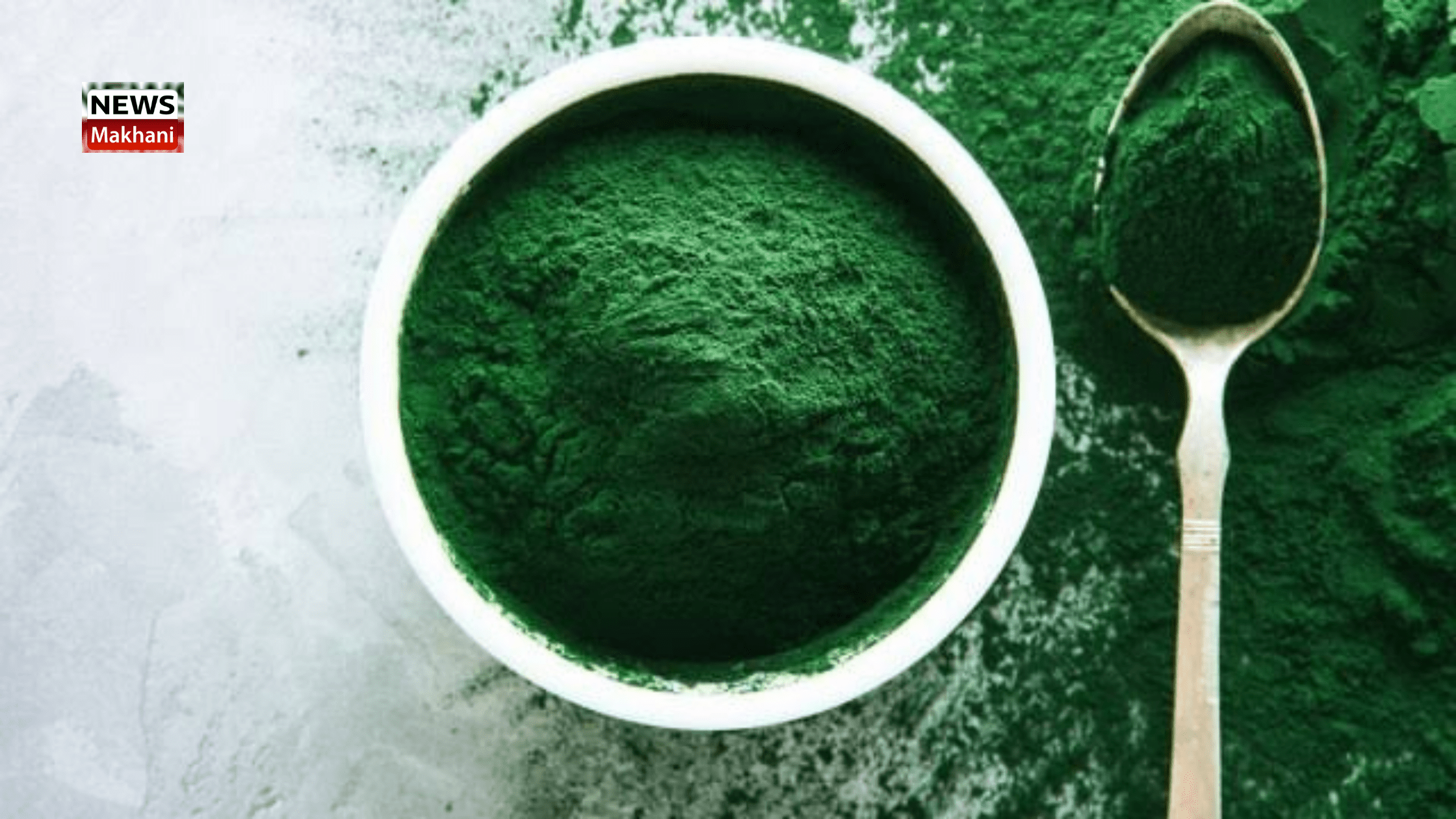Spirulina: Health Benefits and Side Effects
Spirulina are blue – green algae that are consumed as powder or in the form of supplement. Spirulina can grow in extreme conditions inhospitable to most other water-dwelling organisms.
Health Benefits
1. Amazing Nutritional Profile
Spirulina is known as a nutrient food as it is full of vitamins, including vitamins A, C, E and vitamin B as well. Spirulina is also high in protein, with just 1 tbsp (7g) providing almost 4g of protein per serving. While non vegetarians gain protein through meat spirulina is an excellent alternative for vegetarians.
2. Heart Health
Heart disease is one of the leading causes of death. Spirulina can have a positive impact on the heart by reducing the amount of bad cholesterol and blood pressure. One recent study investigated the impact of spirulina supplementation on LDL levels and found that by taking just 1 gram of spirulina every day over a 3-month period, participants LDL levels dropped by 10%
3. Anti-Inflammatory Properties
Oxidative damage can harm your DNA and cells. This can lead to inflammation, which can be cause to cancer and other diseases. Spirulina consists of antioxidants, which can prevent oxidative damage. Phycocyanin can fight free radicals and stop production of inflammatory molecules. Phycocyanin gives spirulina it’s greeny-blue.
4. Increase in performance
Spirulina supplements are taken now-a-days and are trending. It is also useful in physical training. It is low in calories, but dense in nutrients; therefore it increases the energy for sports participants.
Side effects of Spirulina
Consuming spirulina may cause headaches, allergic reactions, muscle pain, sweating, and insomnia to some people. It could reduce your blood’s ability to clot. Spirulina is an irritant to your immune system. It can interfere with drugs, especially immunosuppressants. Spirulina may be contaminated with harmful compounds. If you have kidney stones, then spirulina may be harmful to you.

 हिंदी
हिंदी






